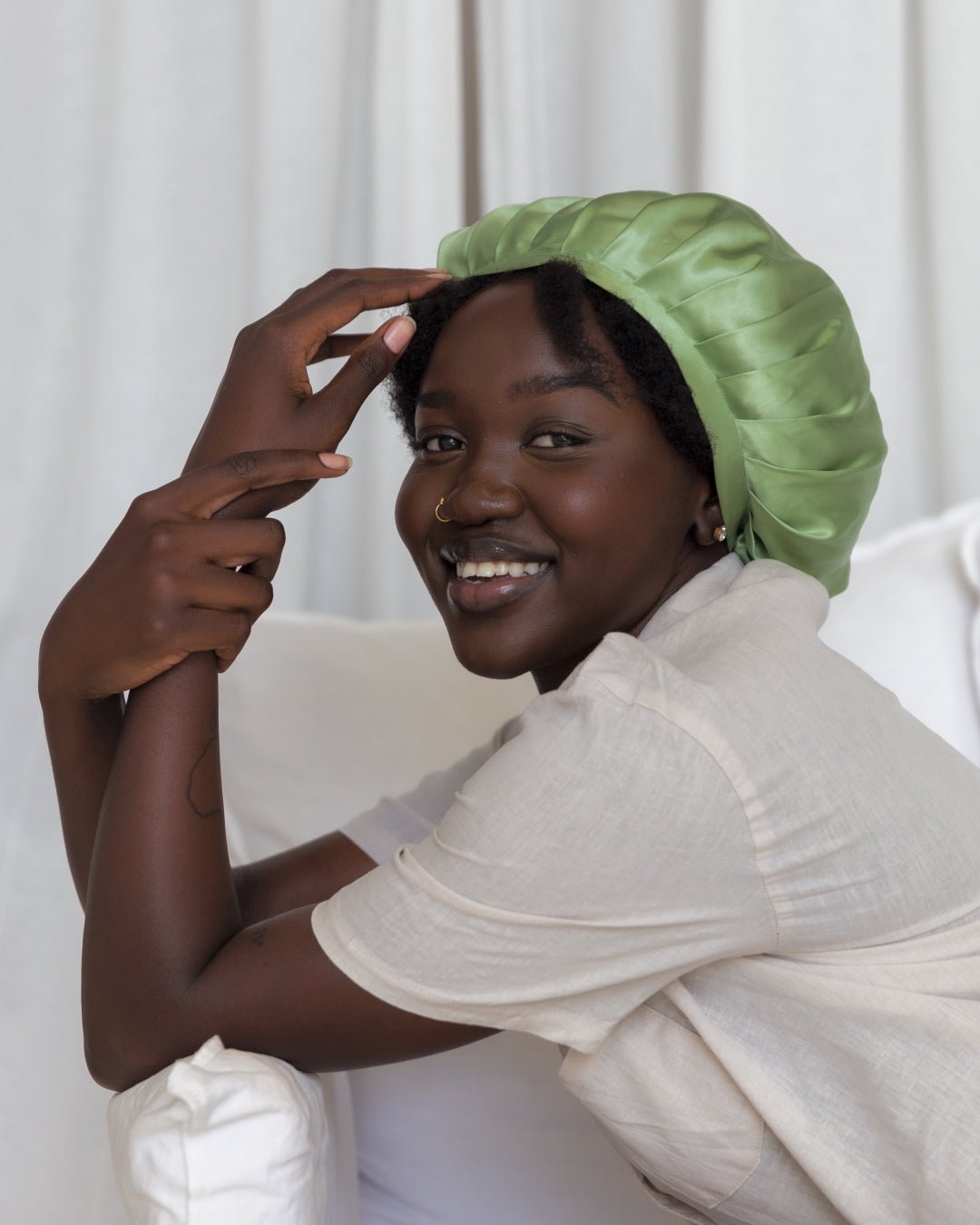Growing up in Tropical North Queensland I was constantly battling frizz. I was blessed with a mix of curly hair from my Dads side, and straight from my Mums, which left me with an unusual mix of curly hair at the roots, and straight at the ends. I hated my hair growing up - constantly pulling the frizz into a bun.
While I was in University, I discovered the curly girl method, and realised I actually could produce cute little ringlets. My curls were very temper-mental though, and once I lay my head at night, there was no chance I could refresh those curls in the morning. They were... well let's face it, kinked and frizzy again.
After some research, my best friend and I discovered silk sleeping caps and their popularity in America. Specifically in black culture. We researched the benefits of silk on your skin and hair, and decided to give the sleeping cap and pillowcase a go. Now the benefits of the silk sleeping cap is another story. Let's talk about the benefits of the pillowcase:
Goodbye Bedhead
Cotton is a friction causing material, and hence creates static energy, and can damage, snag, and break hair. Silk on the other hand, is a low friction material, and is oh so silky it will let your hair easily glide along the material. So silk will keep your hair shiny, smooth and yes: frizz free. Say hello to easy re-styling in the mornings!
No Friction, Tugging, or Pulling
Cotton creates friction between your face and the pillow, which causes face creases that turn into permanent wrinkles. By simply switching to silk, your skin will easily be able to glide along it at night. Avoid unnecessary wrinkles? Say no more.
No more moisture absorption
Cotton is not your skins best friend. It will soak up your natural oils and facial creams, leaving them to create bacteria on your pillowcase. Ew! Silk on the other hand is hypoallergenic, and won't suck up your 5 step night time routine.
Silk is thermo-regulating
Silk is a cooling material, and studies show that when your body is cool at night, it releases the crucial anti-ageing hormone melatonin. Yes thanks!


